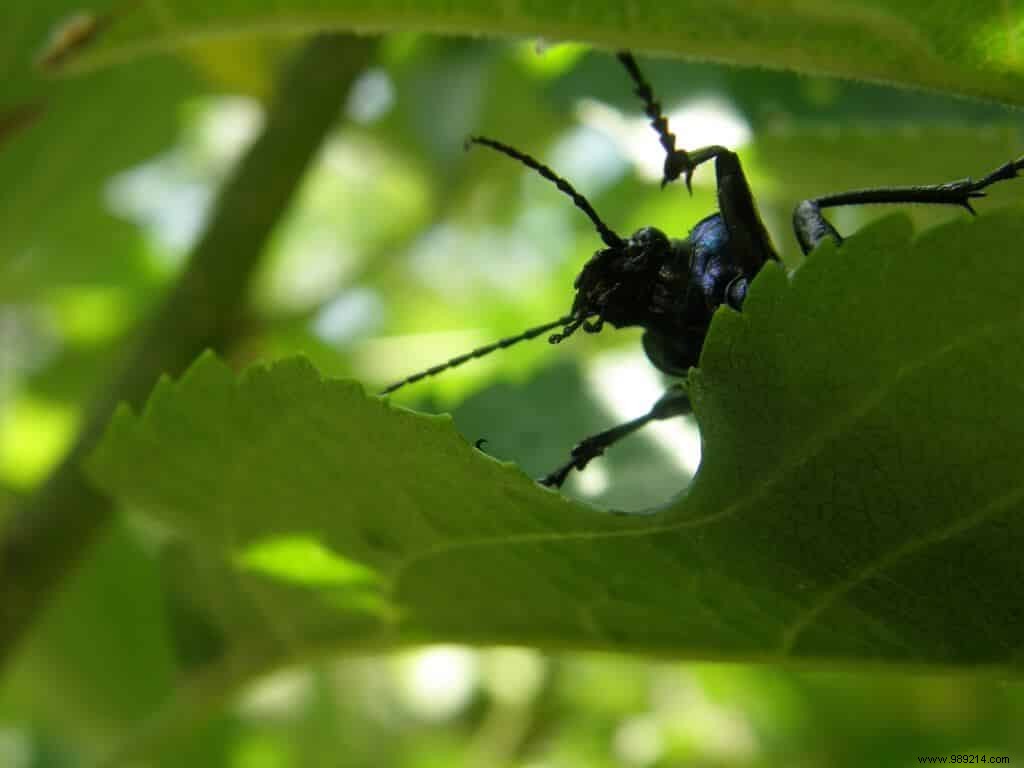10 techniques to put in place in your garden to limit chemical inputs and why not, do without! The conclusion of the 10 chapters.
The use of pesticides increased widely after the Second World War, and little was known about the consequences of widespread use.
Cultivating your outdoor space without pesticides requires diligent observation of your garden, knowing how to live with all the actors of nature, accepting certain losses, leaving room for "undesirable" weeds, being convinced that beauty is not subjective and evolutionary. This also involves simple actions such as limiting watering, treating waste on site...
Most gardeners are aware of the risks and consequences of using pesticides and wasting water. Rejecting them completely will take time, but it is at the cost of a little effort that we will keep a sustainable and transmissible environment.
Now that synthetic chemical pesticides are banned from use in gardens, it should not be imagined that the accepted products will solve all the hazards. Not because they are not effective but quite simply because nature is as it is. An environment is a set of ecosystems, changing, random, evolving. Gardeners must learn to deal with them.
The classic case of aphid invasion. If Mrs. Michu continuously sprays the first aphids she sees on these roses, even with a spray of black soap, the organic product par excellence, the undesirable colony will be destroyed, until it is renewed. It's an endless story. If Mrs. Michu is patient, she waits for aphid predators, auxiliaries in this case (ladybugs but many others too) and nature takes over. efficiency is much more important.
The product does not solve everything. He is a help. But let's trust nature, it is very often more effective.
1. the plant adapted to its environment
2. Biodiversity
3. soil fertility
4. Irrigation management
5. mulching
6. Managing invasive plants
7. the right gestures at the right times
8. The right tool, adapted, maintained
9. Companion plants
10. Crop rotation:2 years of vacation!
